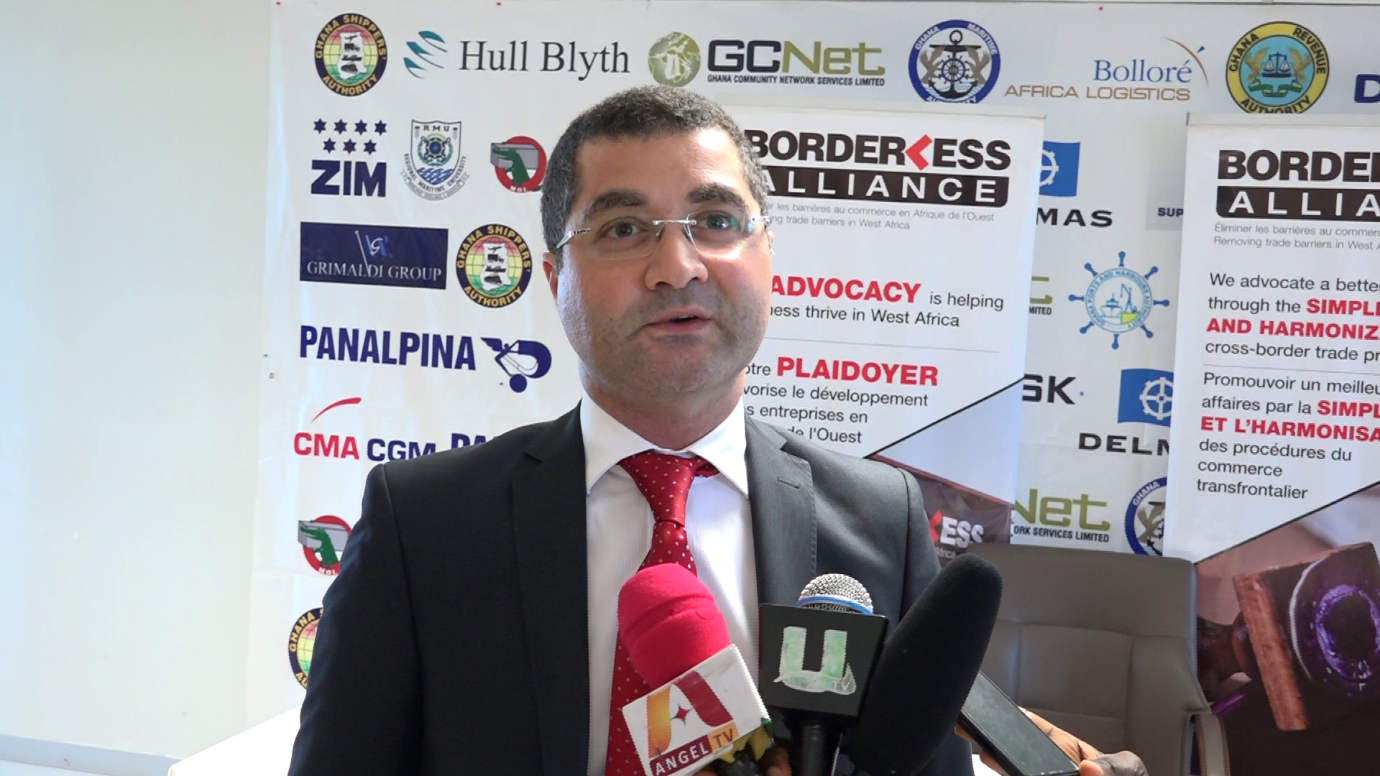Ghana’s strong value proposal as the gateway to the Sahel region must be complemented with a review of its port fees and charges and the elimination of non-tariff barriers to trade to woo more transit trade through the country’s ports, Ziad Hamoui, National President of Borderless Alliance, has advised.
“Landlocked countries will continue to rely on coastal countries for their economic activity to continue, even more important now as they expect more trade with their neighbours.
Ghana is a solid economic partner and can become a true economic gateway for trade across West Africa and the continent, and AfCFTA can accelerate this development trend, to the benefit of Ghana and all its partners,” he told Business24 in an exclusive interview.
According to the trade expert, the country’s position as a strategic corridor for transit trade is largely hinged on its ability to ‘package’ that aspect of the shipping business to attract more business through its ports.
Specifically, Mr. Hamoui said that challenges with the many checkpoints along the country’s main road corridor must be tackled if the country wants to be seen as a strategic corridor that is ready to serve the interest of its landlocked neighbours.
He added: “Ghana has the potential, the will and the ability to play a much larger role, as an economic leader in the sub-region and it was not a coincidence that it is hosting the AfCFTA Secretariat, but now, all hands must be on deck, to help turn Ghana into the preferred transit corridor for the sub-region.”
Mr. Hamoui indicated that government is currently developing the needed hard and soft infrastructure to help diversify its economy in line with its “Ghana Beyond Aid” agenda using value-addition and integration of regional value chains.
But in this long-term vision, landlocked countries, he emphasised, could play an important role, both as partners and as consumers of these regional value chains.
Trading under the AfCFTA took off effective January 1, 2021 and the preparedness of African countries for the commencement of trade has been encouraging barely two weeks into its implementation, according to the Borderless Alliance.
Ghana’s Kasapreko Company Limited has already exported a consignment of alchoholic beverages by air whilst Ghandour Cosmetics has also exported some beauty products by sea.
It has been noted the earlier-announced number of countries that submitted schedules of tariffs concessions for the 90percent list has increased to 41, up from the earlier announced numbers.
This, according to Mr. Hamoui, was an indication that countries are accelerating their efforts to comply to the requirements of trade under the AfCFTA, indicating a high political will across the continent for ensuring the success of AfCFTA.
“As for market preparation, countries like Ghana has started making publicly available the required business procedure and documentary requirements to their business communities, which is an encouraging sign that needs to be followed upon,” he added.
